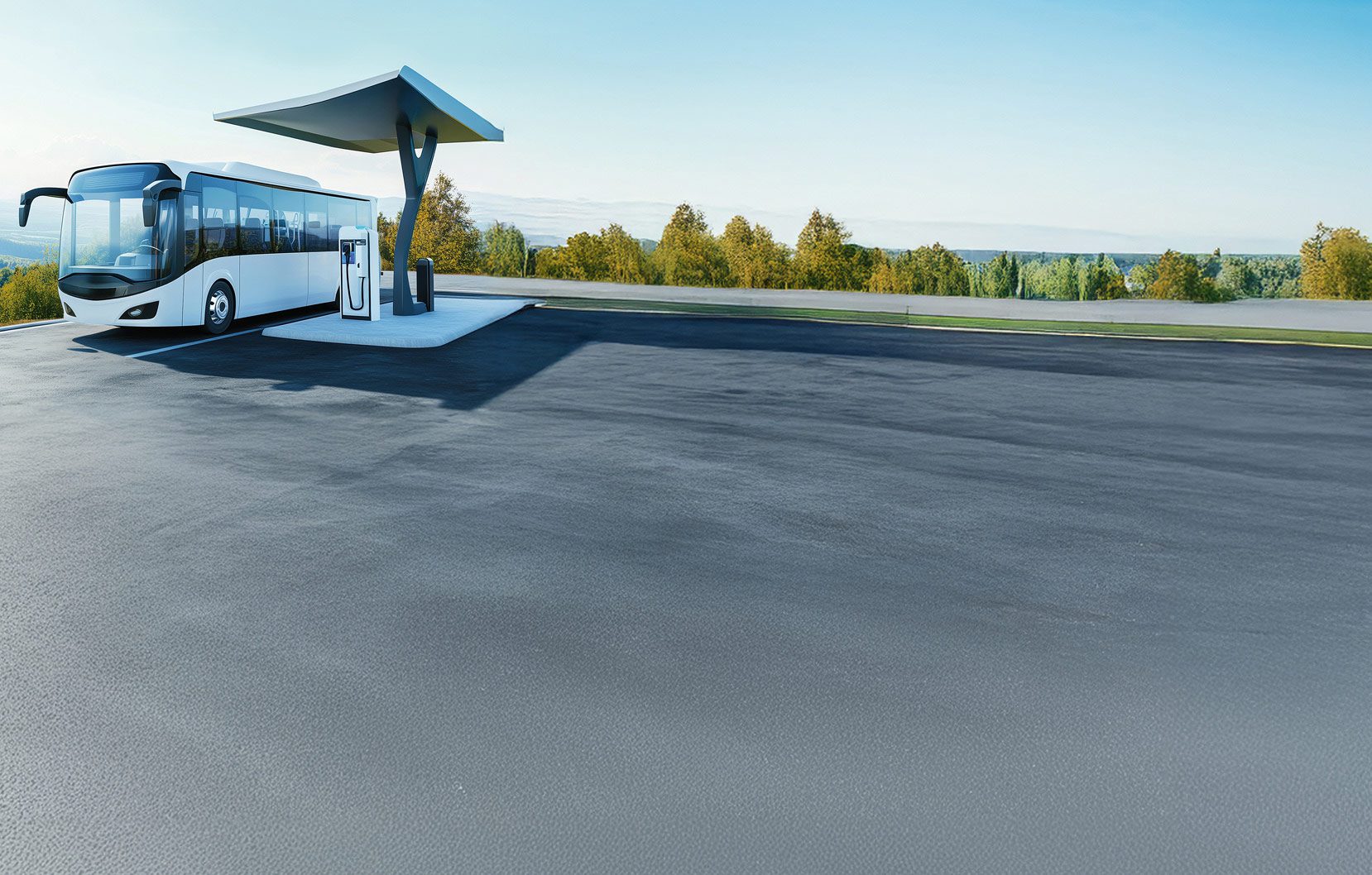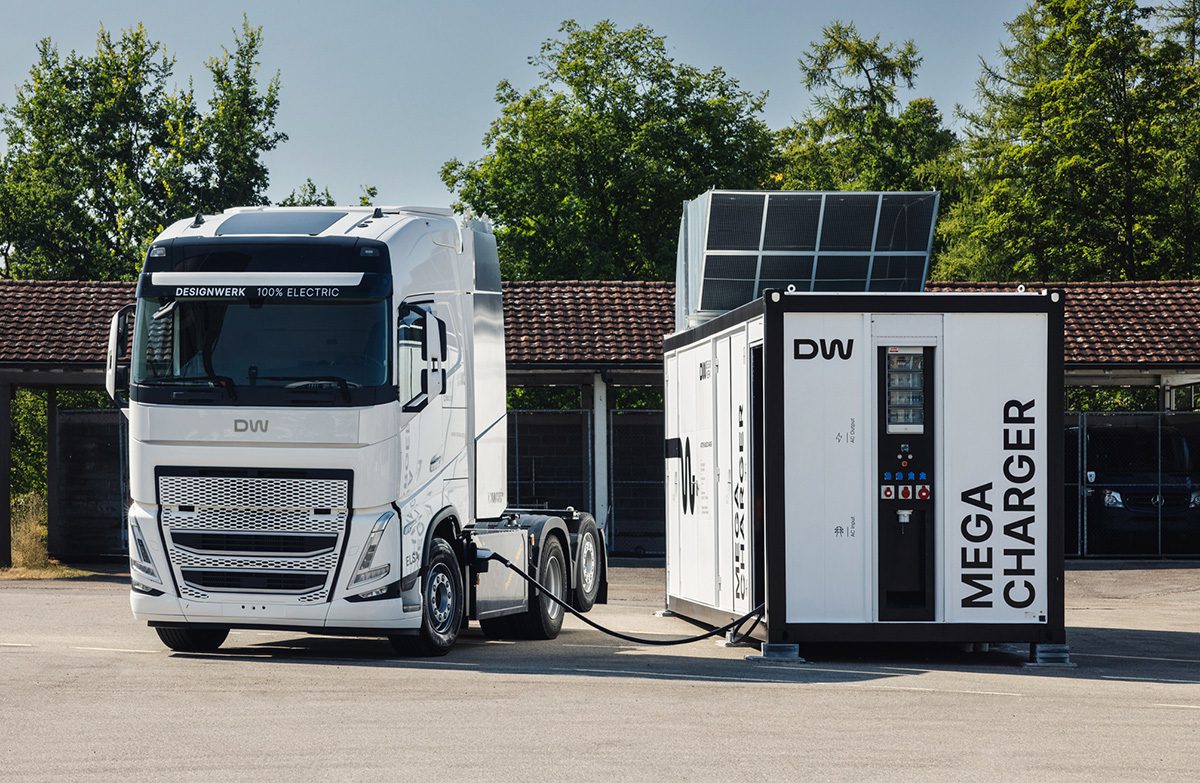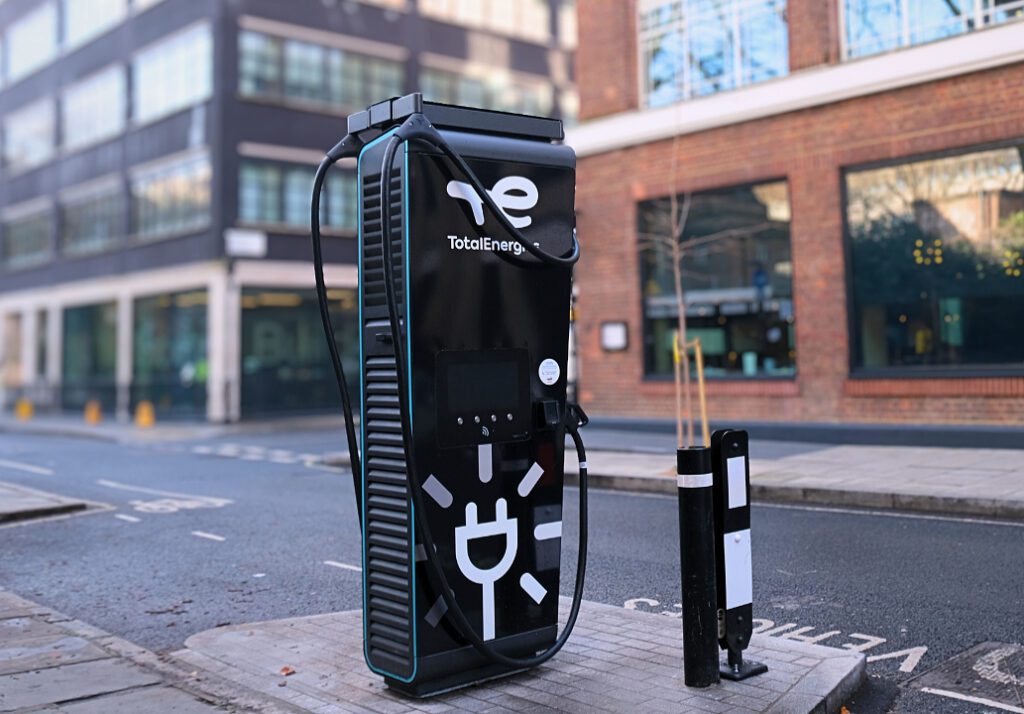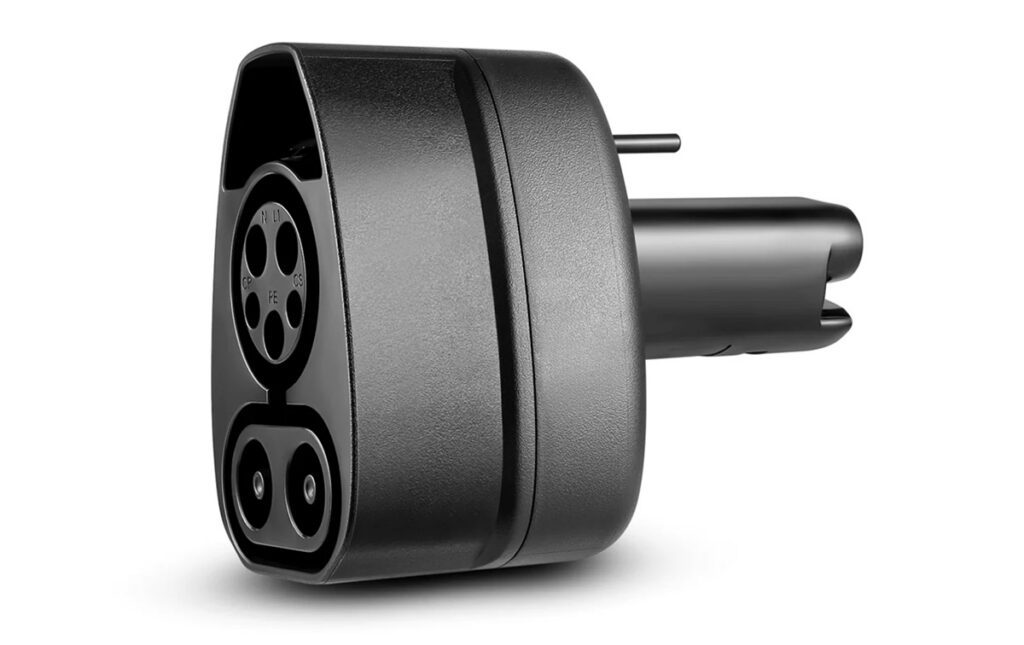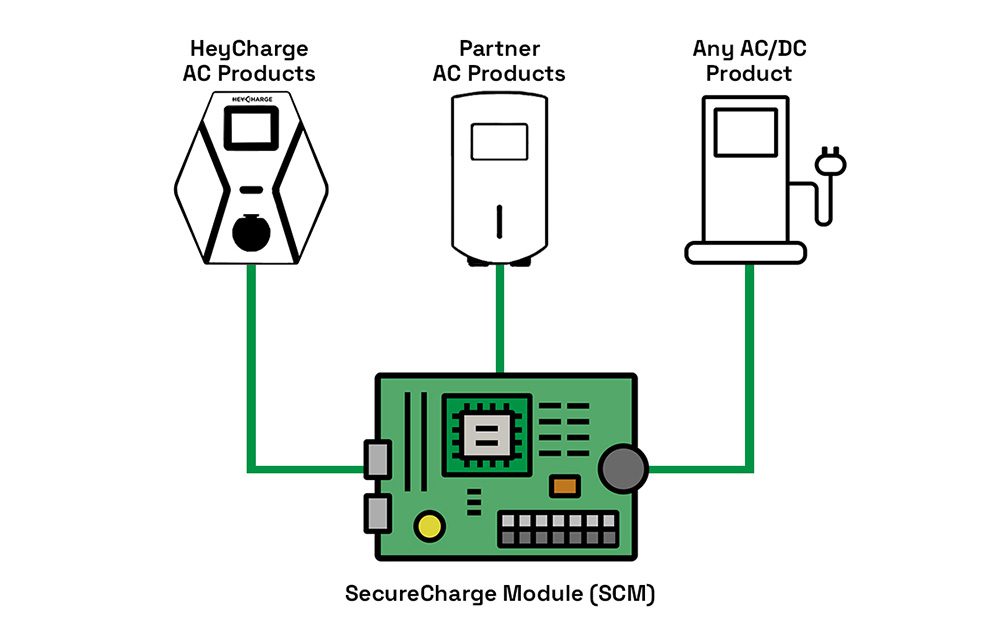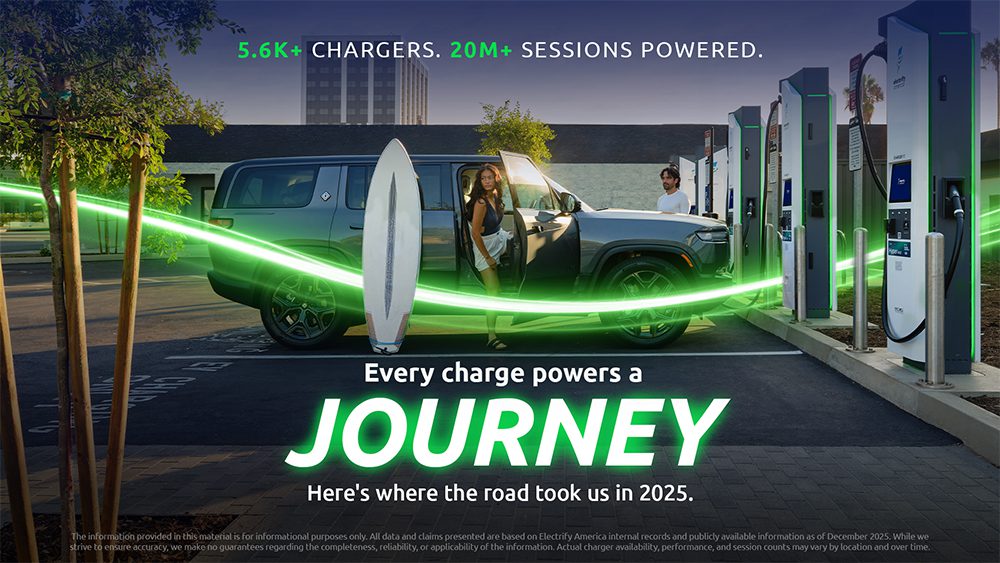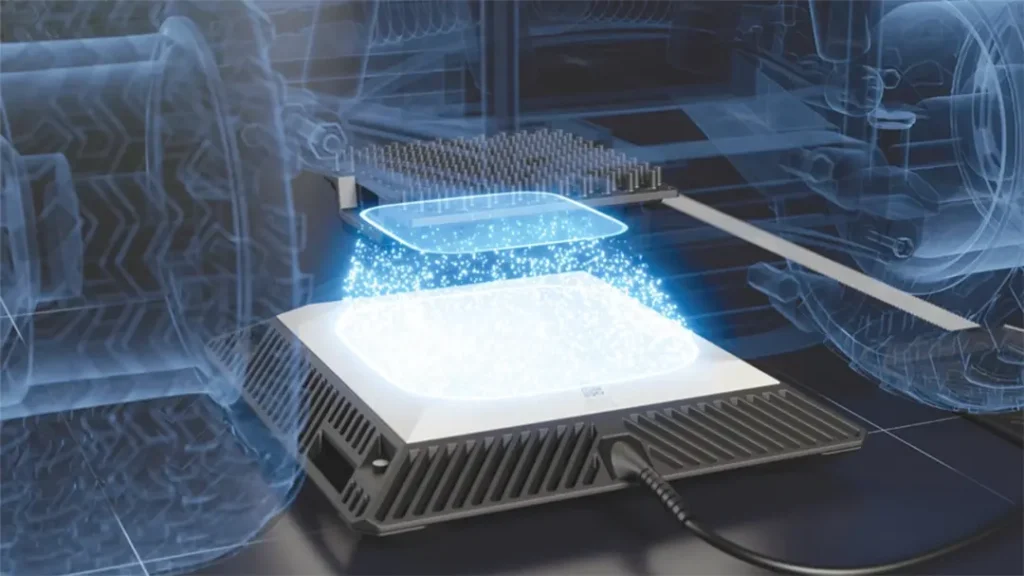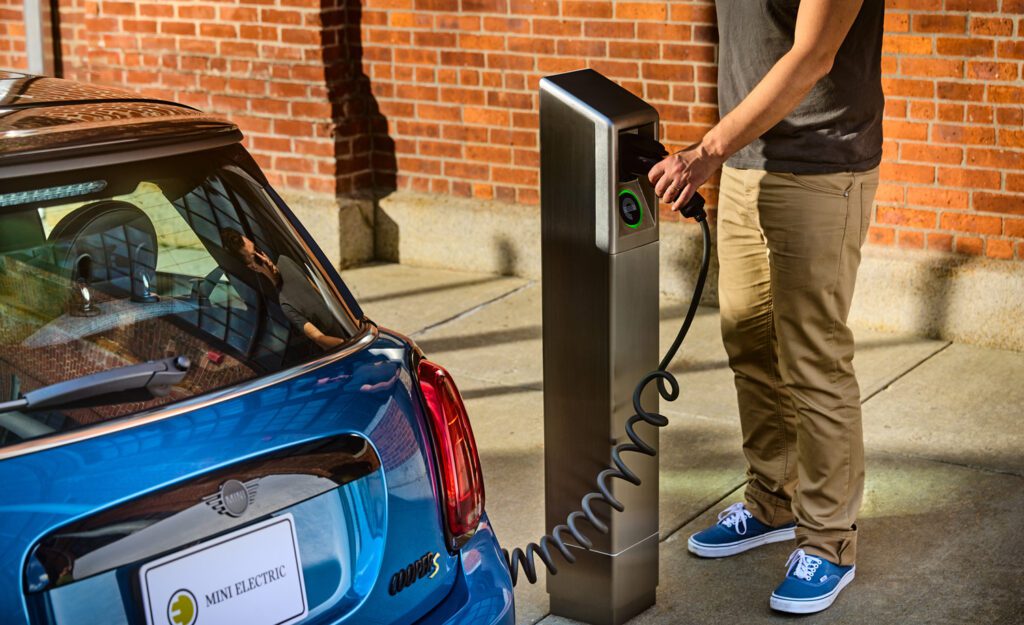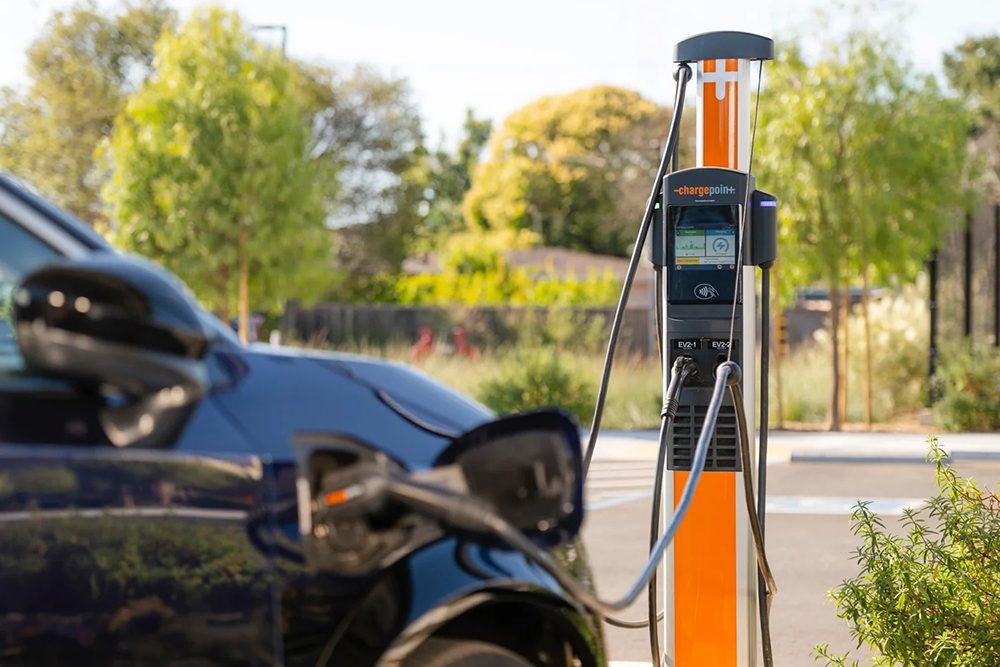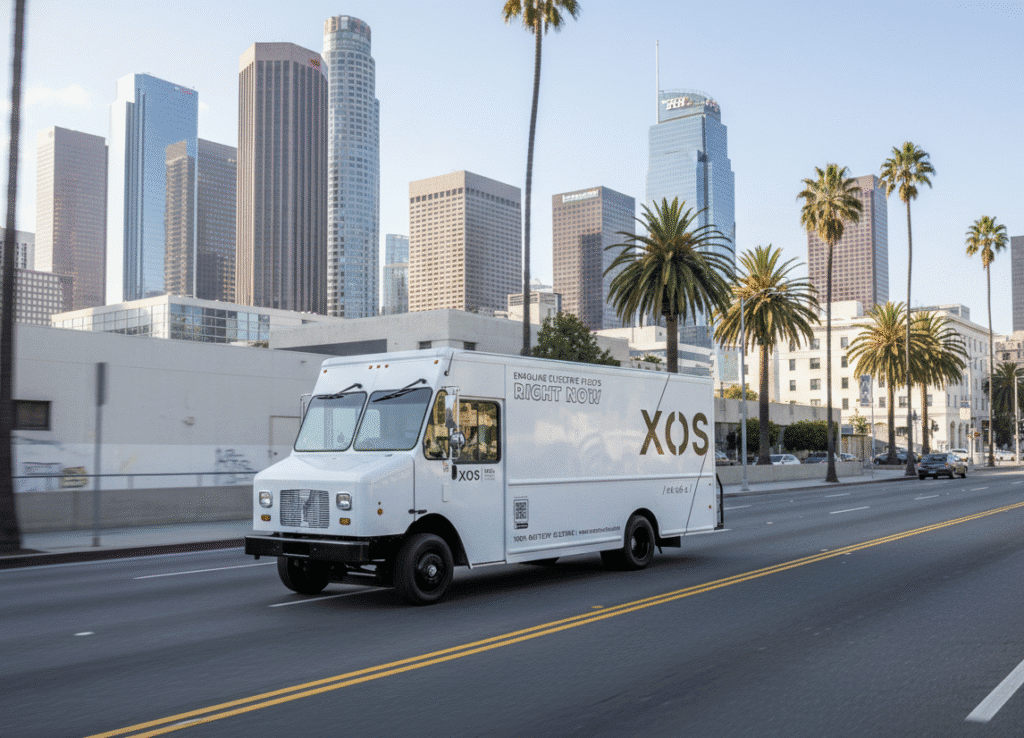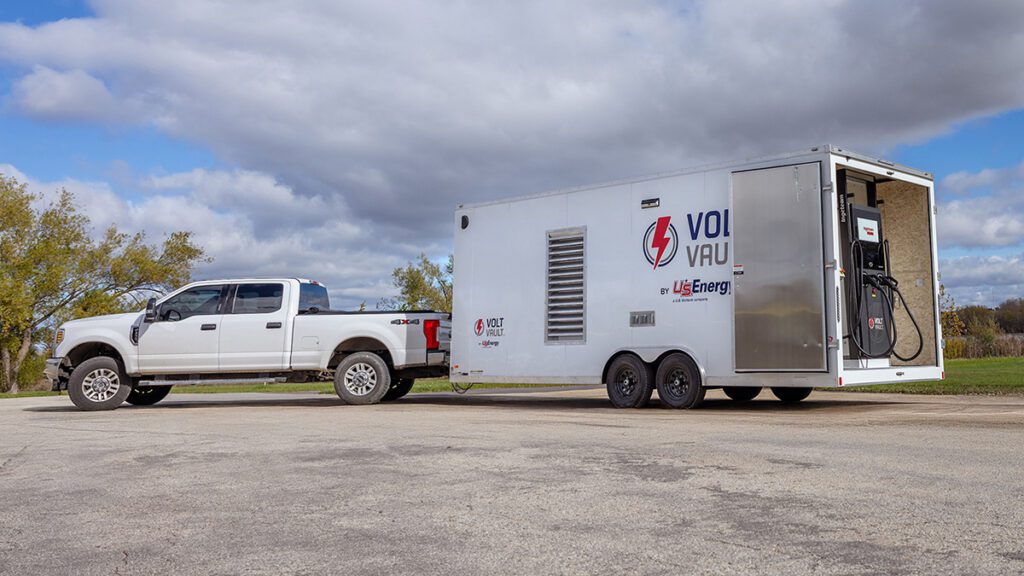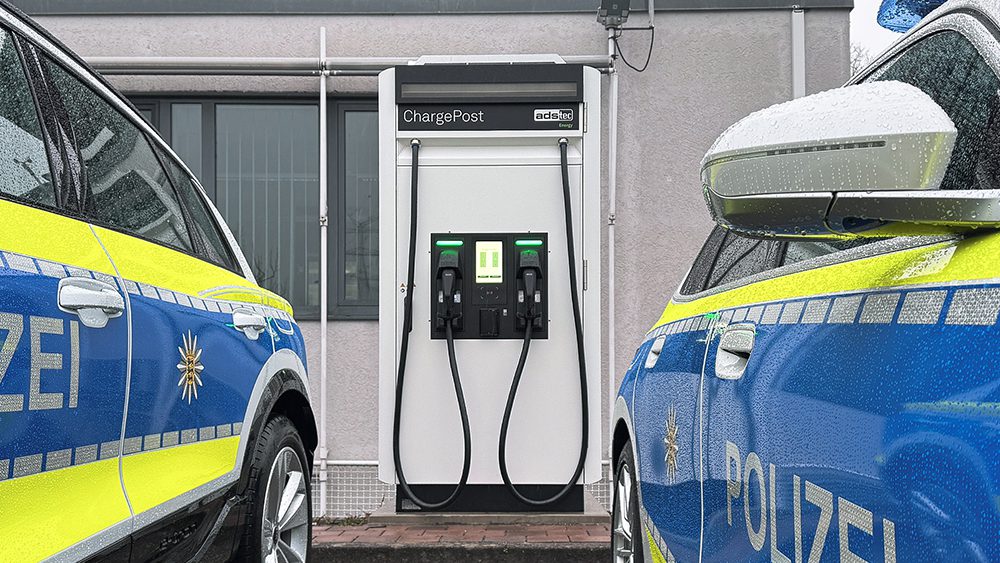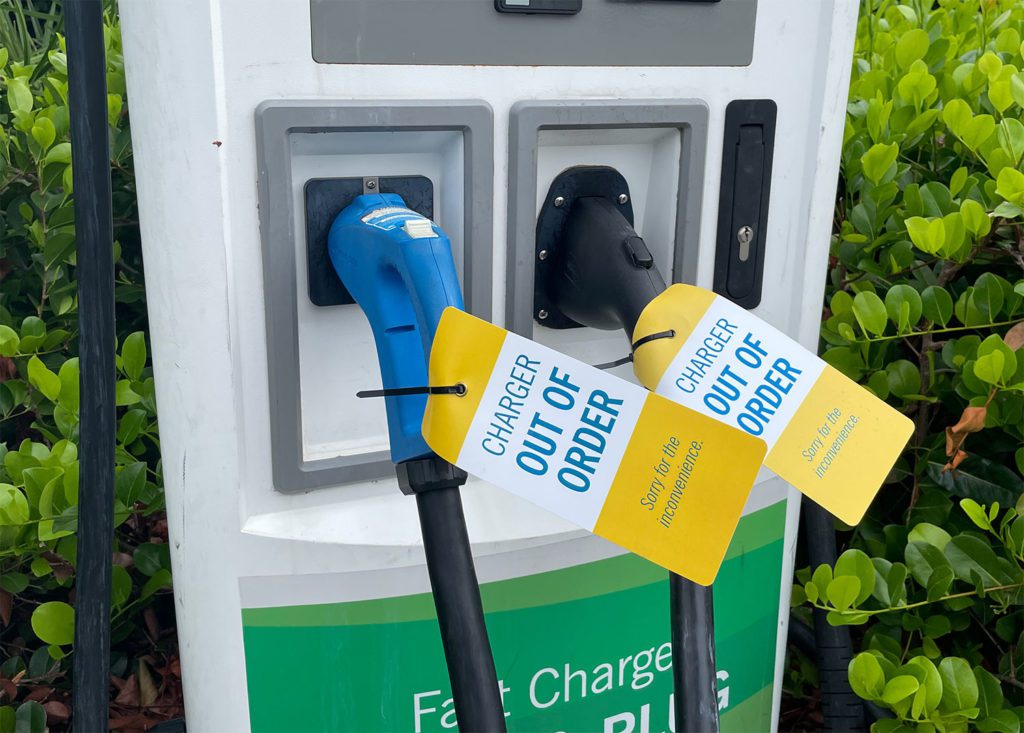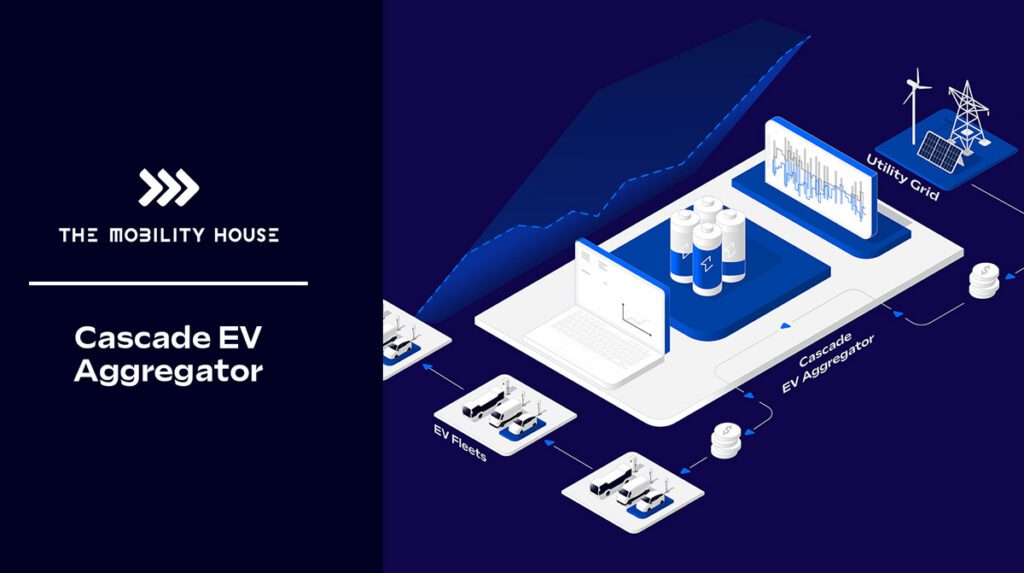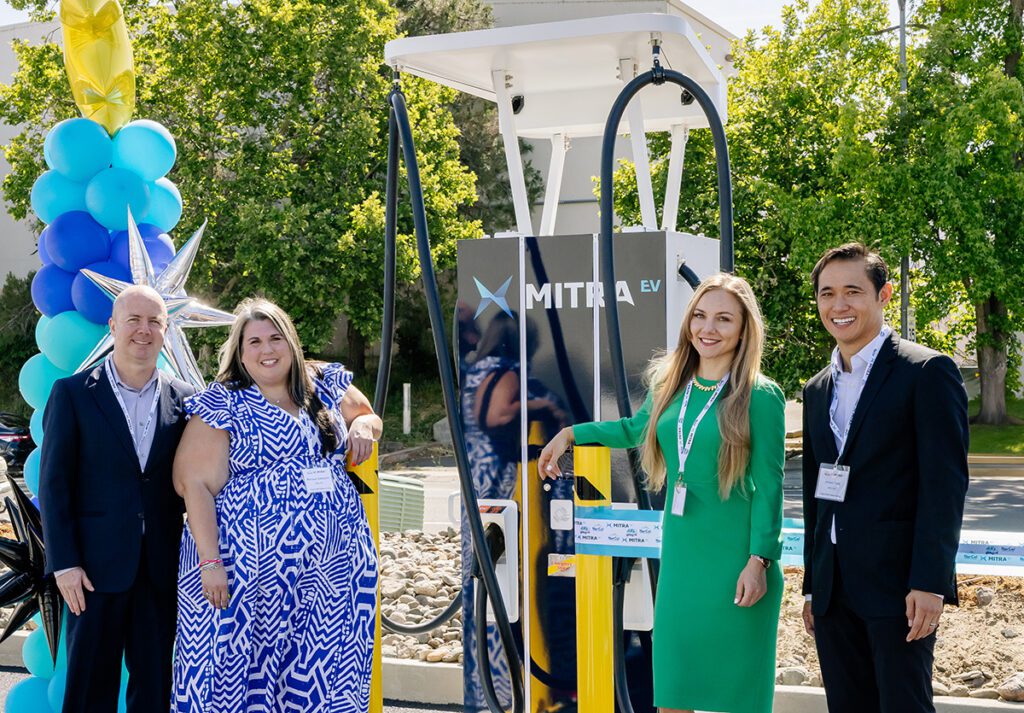Designwerk Technologies has reported a significant milestone: its fastest-ever megawatt EV charging session, exceeding 1.1 megawatts during a July 2025 demonstration in Oberbüren, Switzerland. The trial, conducted as part of a project supported by the Swiss Federal Office of Energy, showed Designwerk’s Megawatt Charging System (MCS) in operation under real-world depot conditions. Designwerk says typical charging levels for this applistion have been around 350 kW.
In final tests, Designwerk’s MCS ramped up charging power to a peak of 1.14 MW, which is eight percent above the initiative’s target value of 1.05 MW. The test setup involved a Designwerk prototype e-truck built on an 800 V platform with a 1,000 kWh battery—implemented as four 250 kilowatt-hour lithium-ion packs. Charging from 10 to 80 percent state of charge took 42 minutes, transferring 625 kWhs with an average power of 906 kW, which Designwerk describes as the highest continuous charging rate to date for the application. The test also recorded a peak charging current of 1,530 A. According to Designwerk, the fast-charging cycle enables a 40-tonne electric truck to achieve a 500-kilometer range, with charging sessions conveniently fitting into legally required driver breaks.
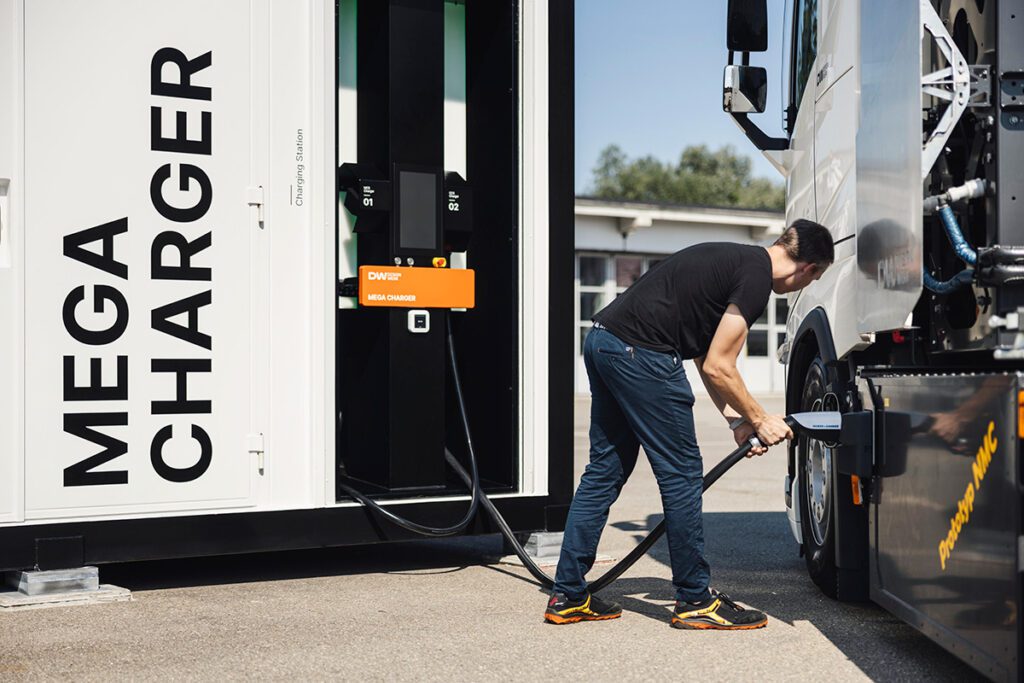
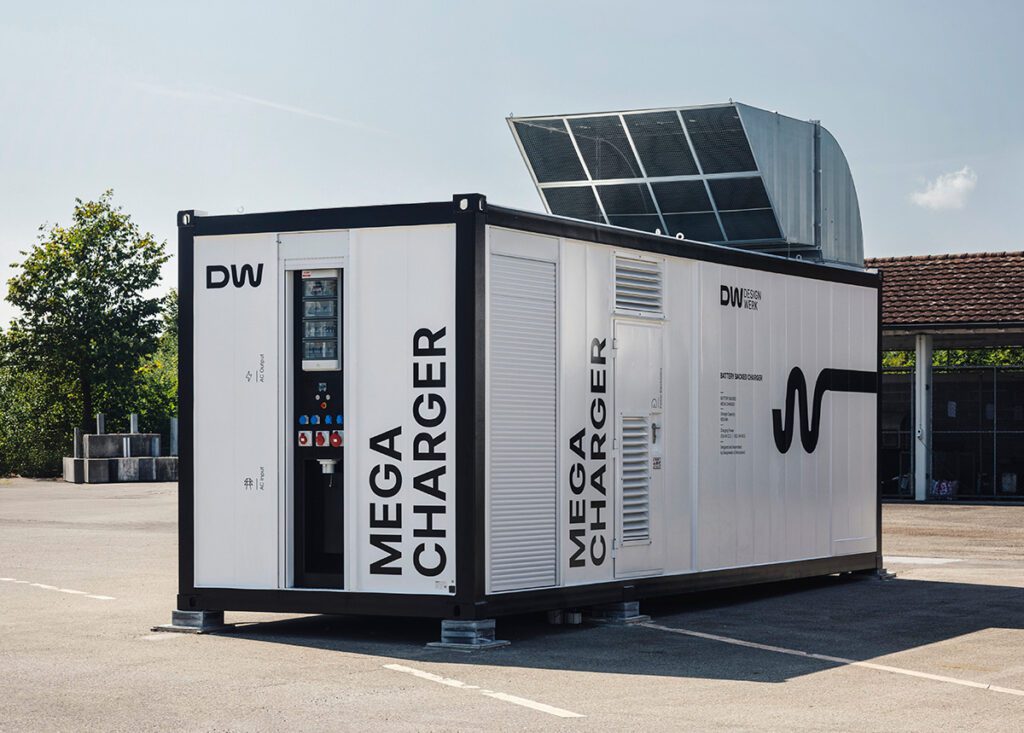
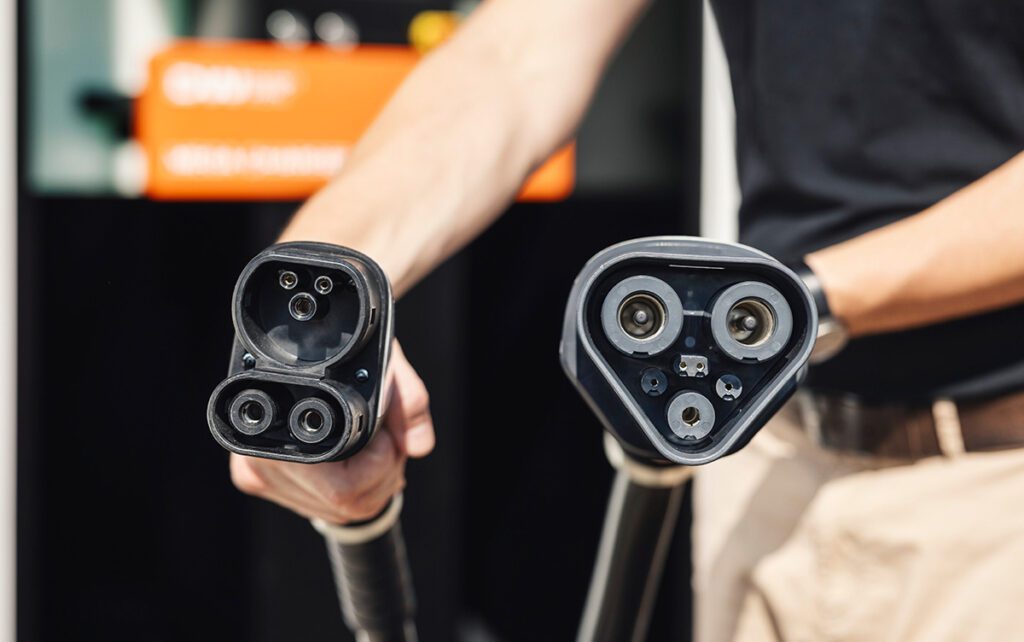
Designwerk’s MCS is built as a flexible, containerized solution with integrated lithium-nickel-manganese-cobalt battery buffers. These allow for peak-shaving to reduce grid impact, use of local renewable energy, and the integration of second-life batteries from decommissioned commercial vehicles. The approach is intended to eliminate the need for grid expansion at depots. Designwerk says the system serves as a fully mobile, all-in-one solution for off-grid or fast-deployment needs in electric truck fleets and heavy-duty electric vehicle applications.
“Thanks to mega charging, a 40-tonne HGV can now charge as quickly as an electric car – only with significantly more power,” said Niels Ross, Project Manager for Charging Technology at Designwerk. “This is the key to electrifying heavy-duty transport.”
The pilot involved Designwerk, pilot fleet operator Galliker Transport, GEVI (operational piloting site), and research partners Bern University of Applied Sciences and Eastern Switzerland University of Applied Sciences.
Source: Designwerk
